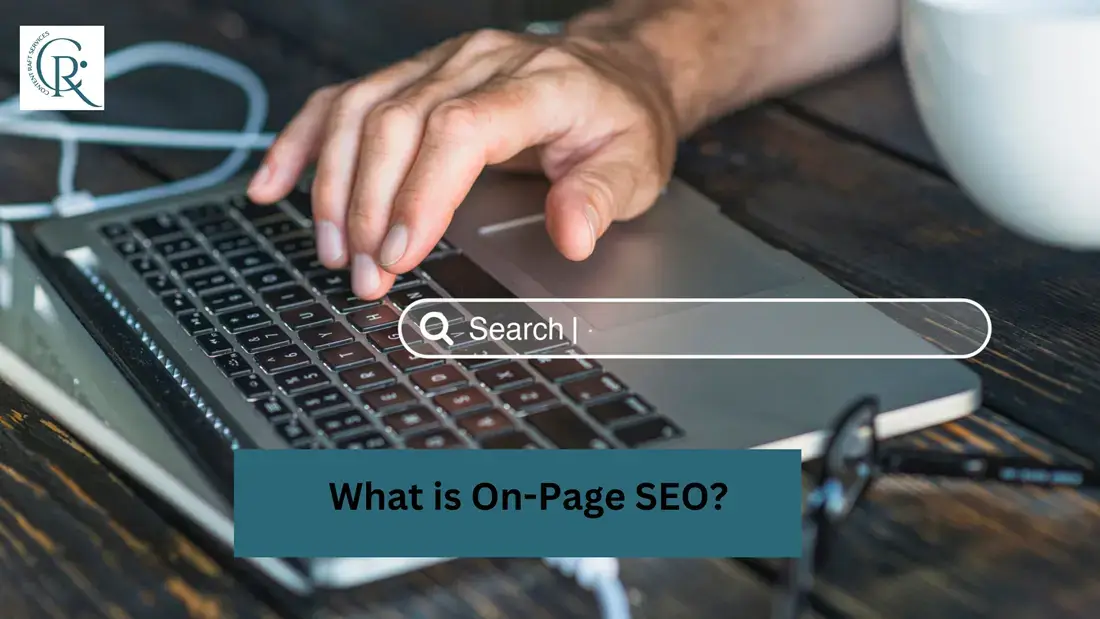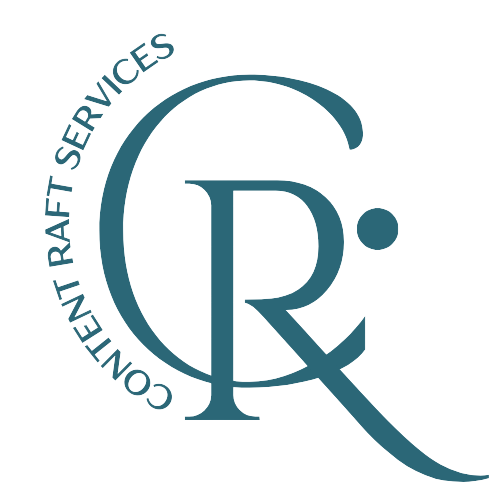
On-page SEO is the process of optimizing individual web pages to improve their rankings on search engine results pages (SERPs). This involves optimizing both content and HTML source code to make it easier for search engines to understand your page while enhancing user experience. Unlike off-page SEO, which relies on external factors like backlinks, on-page SEO is entirely within your control and serves as the foundation of an effective SEO strategy.
If you are looking for expert SEO services in UAE? Our SEO agency specializes in optimizing your website to boost rankings, drive organic traffic, and enhance user experience. Whether you’re a startup or an established business, we provide custom on-page SEO strategies, keyword optimization, technical SEO improvements, and content enhancements to help you dominate search results. Contact us today for a free consultation and take your online presence to the next level!
What is On-Page SEO?
On-page SEO refers to the practice of optimizing individual webpages—both in terms of content and source code—to rank higher in search engine results and attract more relevant traffic. It focuses on ensuring your site is understandable to search engines and valuable to human users.
Key on-page elements include:
- Content quality
- Title and header tags
- Meta descriptions
- URLs
- Image optimization
- Internal linking
- User experience (UX) design
- Technical elements like schema markup and site speed
On-Page SEO vs Off-Page SEO: What’s the Difference?
- On-Page SEO: Everything you control directly on your website—content, HTML source code, UX elements, internal links, etc.
- Off-Page SEO: Factors outside your website that affect rankings—primarily backlinks, brand mentions, and social signals.
While off-page SEO builds authority and trust, on-page SEO ensures search engines understand your site’s content. You control on-page factors completely, making them a great starting point for SEO success.
Why is On-Page SEO Important in 2025?
Search engines like Google are evolving to better match content to user intent. On-page SEO is essential because:
- It signals relevance: Helps search engines determine what your page is about.
- It enhances user experience: Which is now a direct ranking factor.
- It increases visibility: Better on-page optimization = higher rankings = more organic traffic.
- It improves CTR and conversions: Effective metadata and UX design boost engagement.
12 On-Page SEO Ranking Factors to Master in 2025
1. Keyword Research & Placement
Modern SEO starts with understanding your audience’s search behavior. Use tools like Ahrefs, Semrush, or Google Keyword Planner to find relevant terms and topics.
Best practices:
- Focus on intent (informational, navigational, transactional)
- Use long-tail keywords and semantically related phrases
- Naturally place keywords in titles, headings, paragraphs, image alt tags, and meta descriptions
2. High-Quality Content Optimization
Content remains king in 2025—but it must be authentic, useful, and comprehensive.
Tips:
- Address user queries thoroughly
- Use engaging formatting—short paragraphs, bullet points, visuals
- Update content regularly to keep it relevant
Focus on E-E-A-T (Experience, Expertise, Authoritativeness, Trustworthiness) for higher trust and rankings.
3. Meta Title Tags
Your meta title is the clickable headline in search results and one of the strongest on-page ranking signals.
How to optimize:
- Include your primary keyword near the beginning
- Keep it under 60 characters
- Make it unique and compelling for each page
4. Meta Descriptions
While not a direct ranking factor, meta descriptions influence click-through rates (CTR).
Best practices:
- Use 150–160 characters
- Include target keywords
- Add a call-to-action (e.g., “Learn more,” “Get started”)
- Match the search intent
5. SEO-Friendly URLs
Your URLs should be clean, short, and keyword-rich.
Avoid:
- Random numbers and special characters
- Overly long strings
- Including dates unless necessary
Example:
✅ www.example.com/seo-guide
❌ www.example.com/page.php?id=1234
6. Header Tags (H1, H2, H3, etc.)
Headers organize your content for readers and search engines.
- H1: Only one per page. Should include the main keyword.
- H2–H6: Use to break content into readable sections. Include related keywords naturally.
7. Internal Linking
Internal links connect different pages of your website, making navigation easier and spreading link equity.
Why it matters:
- Helps search engines crawl your site
- Boosts underperforming pages
- Improves user experience
Pro tip: Use keyword-rich anchor text.
8. External Linking to Authoritative Sources
Linking to reputable external websites:
- Adds credibility
- Helps establish context
- Improves trust signals
Always open external links in a new tab and avoid overdoing it.
9. Image Optimization
Images should support content without slowing down your site.
Checklist:
- Use descriptive alt text with relevant keywords
- Compress file sizes for faster loading
- Use next-gen formats like WebP
- Implement lazy loading
10. Page Speed Optimization
Site speed is a confirmed ranking factor. A slow-loading page can increase bounce rates and lower engagement.
Tools to use:
- Google PageSpeed Insights
- GTmetrix
- Lighthouse
Tips:
- Compress images
- Minimize CSS/JavaScript
- Use a Content Delivery Network (CDN)
- Implement browser caching
11. Mobile-Friendliness
With mobile-first indexing now standard, your site must be fully responsive.
What to ensure:
- Responsive design for all devices
- Large, legible fonts
- Tap-friendly navigation
- Fast mobile load times
Use Google’s Mobile-Friendly Test to check your performance.
12. Schema Markup (Structured Data)
Schema markup helps search engines understand your content and enables rich snippets.
Types of schema you can implement:
- Product
- Article
- Review
- FAQ
- Local Business
Use Schema.org and test with Google’s Rich Results Test tool.
Bonus: Continuous Monitoring & Optimization
SEO isn’t a one-time task. You need to:
- Track rankings with tools like Google Search Console and Ahrefs
- Monitor CTR and bounce rates in Google Analytics
- Run regular content audits
- Update or prune low-performing content
Conclusion
On-page SEO in 2025 is more important than ever for improving search rankings, enhancing user experience, and establishing website authority. By implementing the latest on-page SEO strategies, businesses can stay ahead of competitors, attract more traffic, and ensure long-term success in the ever-evolving digital landscape. Keep optimizing, stay updated with SEO trends, and continually refine your strategy to maximize results.
FAQs on On-Page SEO
1. What is the importance of on-page SEO?
On-page SEO is crucial because it helps search engines understand your website content and determine its relevance to user queries. Proper on-page optimization improves rankings, increases organic traffic, and enhances user experience.
2. Why is SEO important for your website?
SEO is important because it enhances your website’s visibility in search engine results, driving more organic traffic. A well-optimized site attracts potential customers, builds credibility, and improves user experience, leading to higher engagement and conversions.
3. What are the most important factors for on-page SEO?
Some key factors of on-page SEO include:
- Title Tags & Meta Descriptions – Optimized and compelling meta tags improve CTR.
- High-Quality Content – Unique, relevant, and keyword-optimized content ranks better.
- URL Structure – SEO-friendly URLs improve readability and ranking.
- Internal Linking – Helps distribute link equity and enhances site navigation.
- Image Optimization – Alt text, compressed images, and proper file names boost SEO.
- Mobile-Friendliness – Ensures better user experience on all devices.
- Page Speed – Faster loading times improve rankings and user satisfaction.
4. What is more important: on-page SEO or off-page SEO?
Both on-page and off-page SEO are essential for a successful strategy. On-page SEO ensures your content is optimized for search engines, while off-page SEO (like backlinks and social signals) helps establish authority and credibility. However, on-page SEO lays the foundation for off-page efforts.
5. Which element is most important for on-page SEO?
While all elements are important, high-quality content is the most crucial. Search engines prioritize valuable, informative, and user-friendly content. Without good content, even the best SEO tactics won’t yield long-term success.

One Response